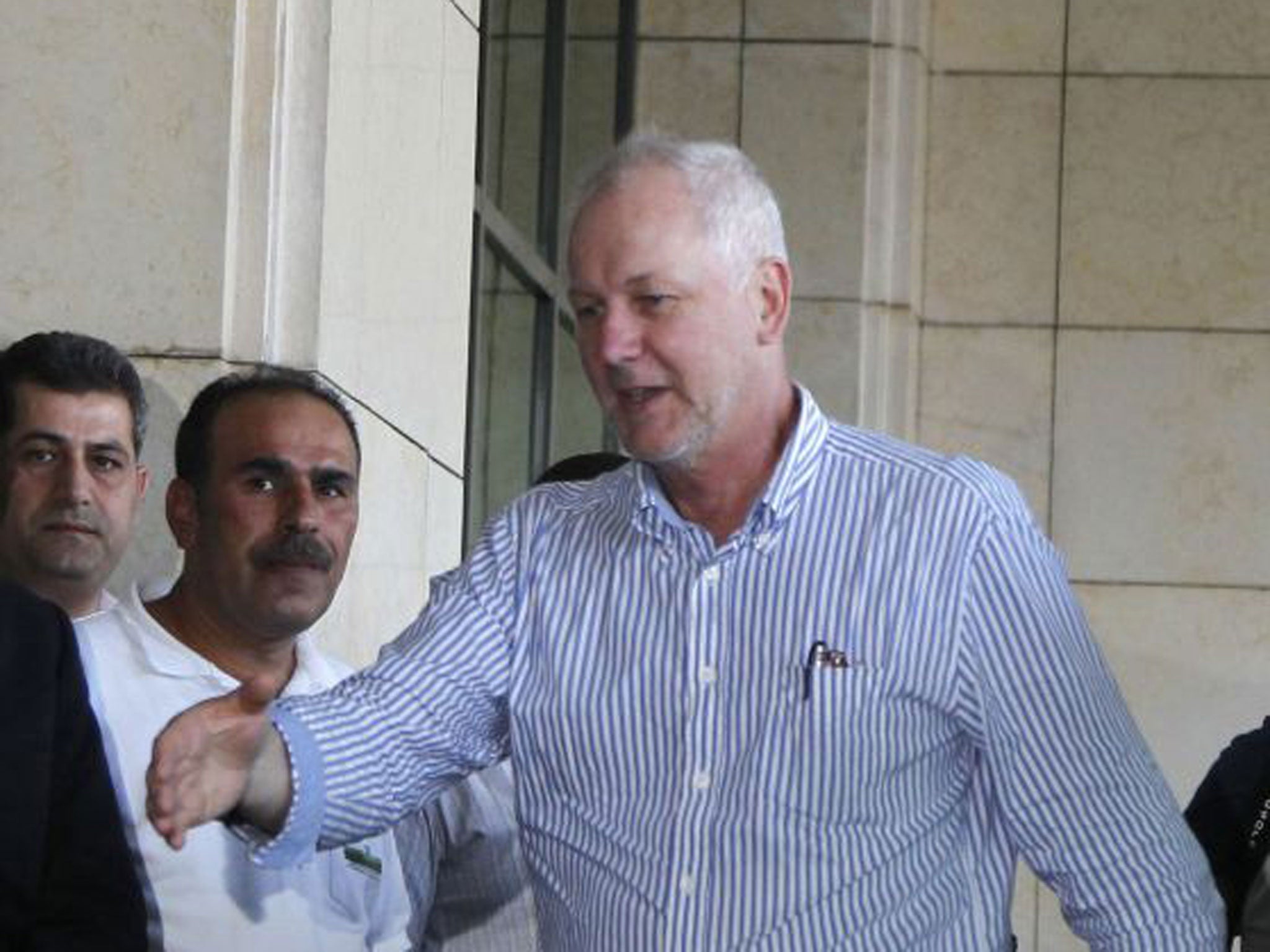Profile: Professor Ake Sellstrom, UN team leader
Inspector will face difficult search for nerve agents

Your support helps us to tell the story
From reproductive rights to climate change to Big Tech, The Independent is on the ground when the story is developing. Whether it's investigating the financials of Elon Musk's pro-Trump PAC or producing our latest documentary, 'The A Word', which shines a light on the American women fighting for reproductive rights, we know how important it is to parse out the facts from the messaging.
At such a critical moment in US history, we need reporters on the ground. Your donation allows us to keep sending journalists to speak to both sides of the story.
The Independent is trusted by Americans across the entire political spectrum. And unlike many other quality news outlets, we choose not to lock Americans out of our reporting and analysis with paywalls. We believe quality journalism should be available to everyone, paid for by those who can afford it.
Your support makes all the difference.Professor Ake Sellstrom, the man leading a team of UN inspectors in Syria, is not the first Swede to be given the job of investigating the use chemical weapons in the Middle East.
Following in the footsteps of Hans Blix – who searched for Saddam Hussein’s ultimately non-existent weapons of mass destruction in 2003 – Professor Sellstrom has been sent on a “fact-finding” mission to three locations in Syria. In one of them, the village of Khan-al-Assal near Aleppo, it is alleged that chemical weapons were used in March, killing 26 people.
Professor Sellstrom, who has held several high-profile roles within the UN, was the chief inspector of Unscom, the special commission set up after the Gulf War in the early 1990s to determine whether chemical weapons were used during that conflict..
Several Western states, including France and Germany, have demanded that Professor Sellstrom be given access to Ghouta, near Damascus, where it is alleged by opposition groups that hundreds, perhaps thousands, were killed by chemical weapons on Wednesday.
Professor Sellstrom said: “It sounds like something that should be looked into. It will depend on whether any UN member state goes to the Secretary-General and says we should look at this event. We are in place to do so.”
Join our commenting forum
Join thought-provoking conversations, follow other Independent readers and see their replies
Comments